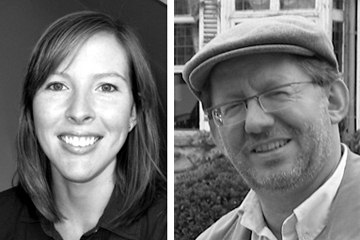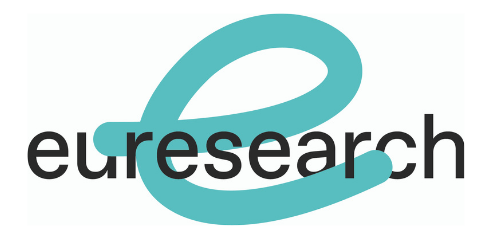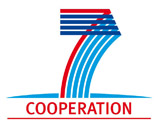
Kate Geddie et Dominique Vinck, Institut des sciences sociales, Faculté des SSP
Kate Geddie et Dominique Vinck
| Mapping the population, careers, mobilities and impacts of advanced research degree graduates in the social sciences and humanities Domaine: Cooperation SSH Acronyme: POCARIM Durée: 24 mois Budget total: 996.841 EUR Budget UNIL: 112.243 EUR |
Abstract
This proposal is made in direct response to the call for submissions under Supporting Measures 8.8.3. It responds to the call for studies to increase our understanding of the career paths and employment patterns and contribution of doctoral graduates in the social sciences and humanities. The study focuses on three Objectives:
- Objective 1: Identification of the dimensions of the population and its core characteristics and assess trends in their employment
- Objective 2: Identify the diversity of post-doctoral career paths in the SSH field
- Objective 3: Assessment of the contribution that this diverse group of research-trained graduates make to Europe’s knowledge based economy and society (their "impact")
In order to respond effectively to these objectives a team of national experts has been put together. All the team have extensive experience of work in this area from a variety of disciplinary backgrounds and specific research skills. The team represents 14 countries in all including the US and 13 European countries. The national ‘reach’ of the team is however much broader with all participants having engaged in cross-country research spanning the EU and beyond. The work is distributed across 8 work packages combining a range of research review, policy analysis, statistical analysis with fresh survey research and qualitative interviews.
The study incorporates an integrated impact strategy commencing at project start-up through close engagement with the stake holder and user communities and SSH researchers themselves. An active dissemination programme comprising text and web-based dissemination with 5 Regional Workshops and international quality level academic publication commitments.
The results of this work will provide an important and entirely new evidence base enabling us to respond to the three objectives outlined above and shape the future of social sciences and humanities at European and National level.


